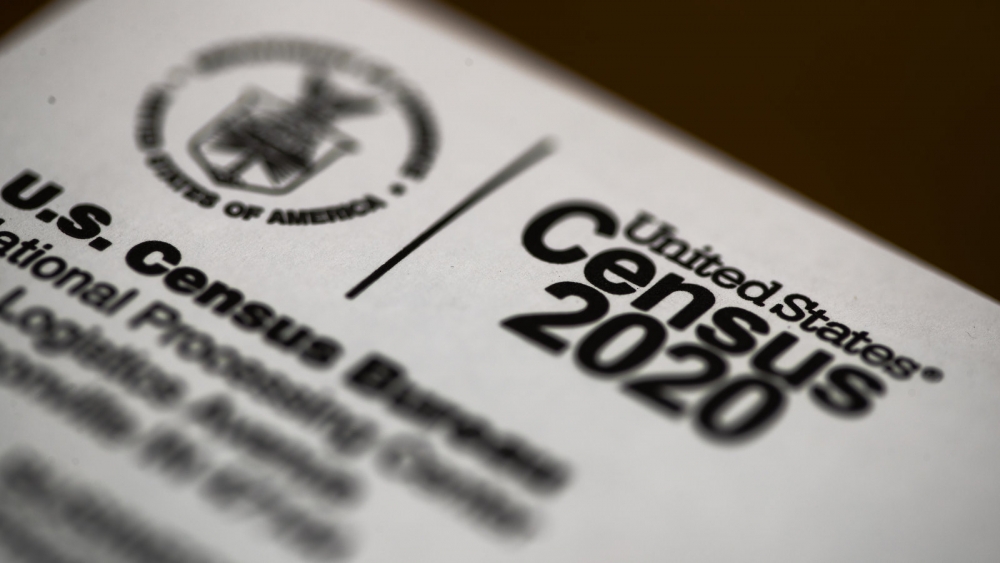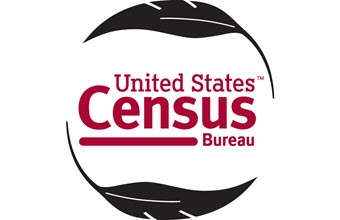
- Details
- By Native News Online Staff
SAN JOSE, Calif. — A federal judge last Thursday extended an order for the Census Bureau from winding down its enumerating process to get an accurate 2020 census count.
A hearing scheduled for last Thursday was canceled on the case brought by the National Urban League, joined by the Navajo Nation, Gila River Indian Community and several local municipalities to allow the 2020 Census to continue until Oct. 31 as opposed to the Trump administration’s intention to stop the official count on Sept. 30.
On Aug. 3, the U.S. Census Bureau announced it would slash one month off the counting of the nation’s hard-to-count (HTC) tracts, which the bureau refers to as being in remote or difficult areas. The U.S. Census Bureau cited costs and logistical difficulty due to the coronavirus pandemic as its reasoning to slash one month off the enumerating process.
 In the lawsuit, plaintiffs argue the extra month is necessary so the enumerators can make sure every household is counted in the 2020 Census. The process has been hampered because of the Covid-19 pandemic. The census data will determine the distribution of federal funding and congressional representation for the next 10 years.
In the lawsuit, plaintiffs argue the extra month is necessary so the enumerators can make sure every household is counted in the 2020 Census. The process has been hampered because of the Covid-19 pandemic. The census data will determine the distribution of federal funding and congressional representation for the next 10 years.
Last Thursday’s hearing was canceled after Justice Department attorneys failed to turn in records from the Census Bureau before the deadline. The attorneys asked for another week to submit the documents to defend the administration’s defense.
"Defendants' failure to comply with the Court's Order is unacceptable," U.S. District Judge Lucy Koh wrote in a court order issued last Tuesday.
Judge Koh gave the Justice Department by last Friday in advance of the hearing on Sept. 22.
"I understand the urgency of the ruling and the gravity of the situation here," Koh said last Tuesday and added she would work “utmost to get a ruling out as soon as possible" after the hearing.
Enumerating in October is crucial to ensure an accurate census count in Indian Country. In Navajo Nation, which has reported more than 10,000 cases of Covid-19, the self-responses to the census are still drastically low.
According to the self-response map on the Census Bureau’s website, as of Sept. 18, only 19.8 percent of the Navajo Nation has responded to the census. Another 4.3 percent from the reservation responded using the internet.
The Native Voices Network projects that the early deadline could mean up to $1 billion in lost federal funding for Indian Country annually, as well as even more losses due to non-federal grants and other programming opportunities that rely on census data to determine funding levels.
For those who still have not responded to the census, you can still do so by going to the 2020 Census website to be counted.
More Stories Like This
Native News Weekly (August 25, 2024): D.C. BriefsCadiz, Inc. Announces EPA Selection of Mojave Groundwater Bank Northern Pipeline Project for WIFIA Loan Application
Jesse Jackson, Who Bridged Civil Rights Struggles for Blacks and Native Americans, Dies at 84
SAVE THE DATE: GVSU’s “Celebrating All Walks of Life” Powwow Set for April 4th
Monday Morning: (February 16, 2026): Articles You May Have Missed This Past Weekend
Help us defend tribal sovereignty.
At Native News Online, our mission is rooted in telling the stories that strengthen sovereignty and uplift Indigenous voices — not just at year’s end, but every single day.
Because of your generosity last year, we were able to keep our reporters on the ground in tribal communities, at national gatherings and in the halls of Congress — covering the issues that matter most to Indian Country: sovereignty, culture, education, health and economic opportunity.
That support sustained us through a tough year in 2025. Now, as we look to the year ahead, we need your help right now to ensure warrior journalism remains strong — reporting that defends tribal sovereignty, amplifies Native truth, and holds power accountable.
 The stakes couldn't be higher. Your support keeps Native voices heard, Native stories told and Native sovereignty defended.
The stakes couldn't be higher. Your support keeps Native voices heard, Native stories told and Native sovereignty defended.
Stand with Warrior Journalism today.
Levi Rickert (Potawatomi), Editor & Publisher

